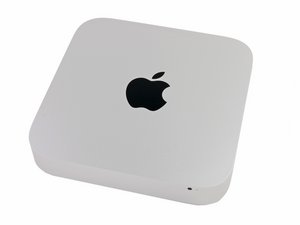What kind of SATA connection have Mac mini Late 2012?
Hello,
I see that Mac mini Late 2012 have a Hitachi HTS545050A7E362 HDD
What kind of SATA connection have that Hitachi HDD?
And what kind of SATA connection have Mac mini Late 2012? SATA II or SATA III?
Regards
좋은 질문 입니까?

 1
1  2
2 
 971
971